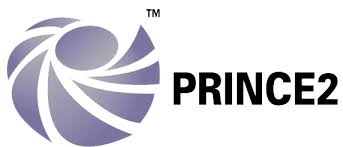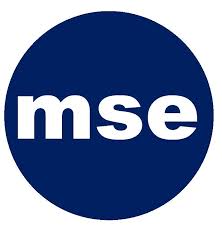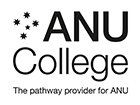Day 1:
Fundamentals of Project Budgeting and Cost Estimation
Overview of project budgeting principles and best practices.
Introduction to cost estimation methodologies: Analogous, Parametric, Bottom-Up, and Three-Point Estimates.
Understanding the role of historical data and benchmarking in cost estimation.
Hands-on exercise: Developing a preliminary cost estimate for a sample project.
Day 2:
Advanced Cost Estimation Techniques and Risk Management
Risk-adjusted cost estimation and contingency planning.
Application of Monte Carlo simulations for probabilistic cost analysis.
Identifying and mitigating cost-related risks through qualitative and quantitative methods.
Case study: Analyzing cost estimation failures in real-world projects.
Day 3:
Cost Control and Earned Value Management (EVM)
Principles of cost control and variance analysis.
Introduction to Earned Value Management (EVM): Key metrics and calculations.
Interpreting EVM data to forecast project outcomes and take corrective actions.
Workshop: Applying EVM to a simulated project scenario.
Day 4:
Life Cycle Costing and Sustainability
Fundamentals of life cycle costing (LCC) and its applications.
Integrating sustainability considerations into LCC models.
Evaluating trade-offs between initial costs and long-term benefits.
Group activity: Developing an LCC model for a sustainable infrastructure project.
Day 5:
Tools, Trends, and Practical Applications
Leveraging software tools for budgeting and cost control (e.g., Microsoft Project, Primavera P6).
Emerging trends: AI, machine learning, and predictive analytics in cost management.
Compliance requirements and regulatory frameworks for cost reporting.
Final assessment and certification preparation.























































